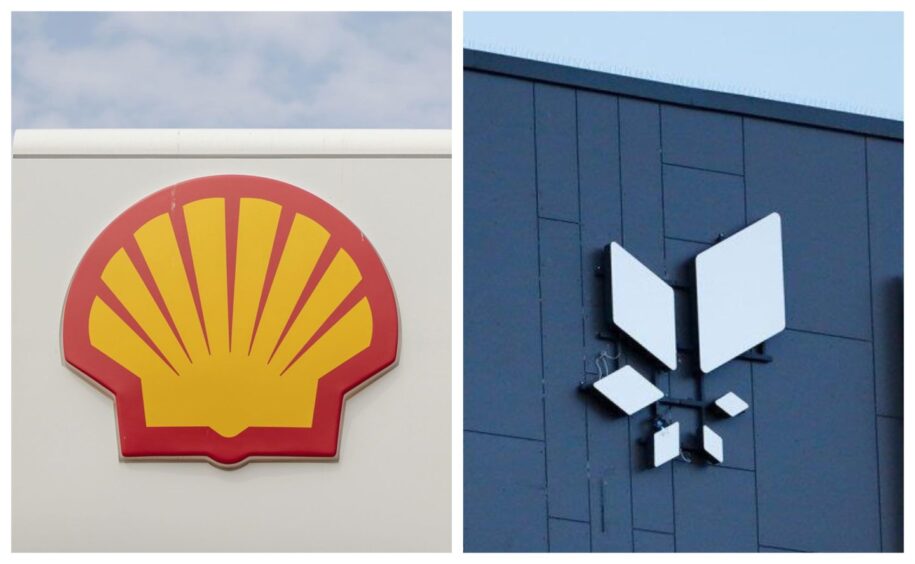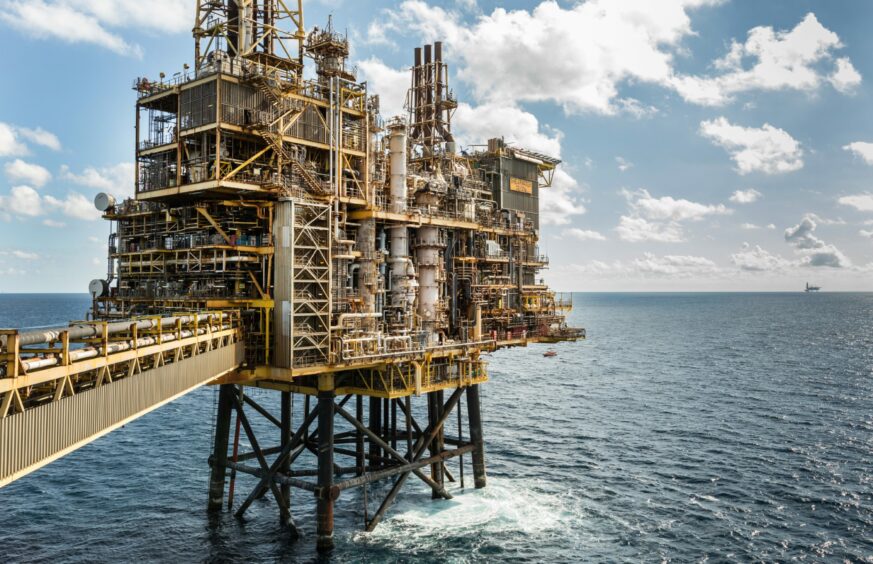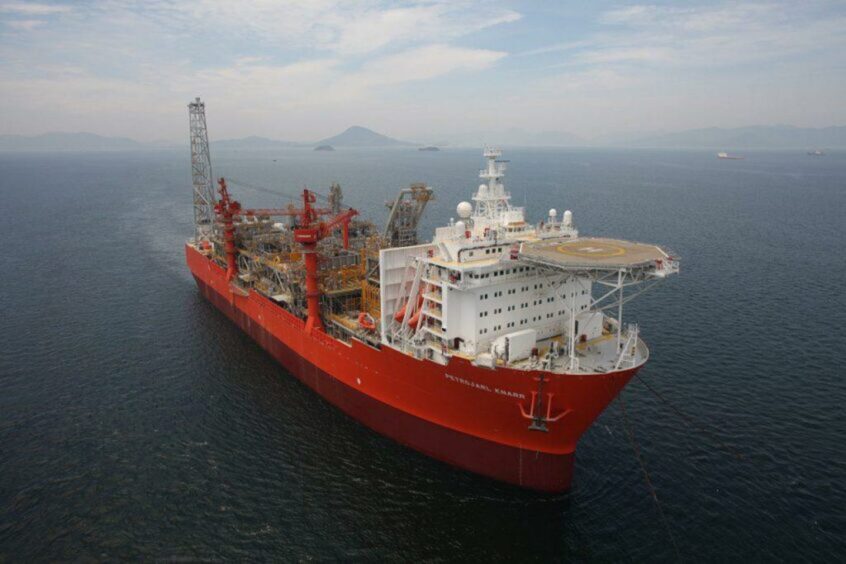
European supermajors Equinor (OSLO: EQNR) and Shell (LON:SHEL) are set to combine their UK offshore oil and gas assets to form the UK’s largest oil and gas operator.
When the deal is signed off Equinor UK will control 50% of the new firm and Shell UK will hold the remaining 50% stake.
As the UK basin continues to mature, the firms say this combination of portfolios will enable “continued economic recovery of this vital UK resource.”
The joint venture is predicted to produce over 140,000 barrels of oil equivalent per day next year.
Following completion, the new company will be self-funded, Equinor shared. The firm’s stake will be equity accounted, and no organic capital expenditures related to the investment will be reported by the firm.
Equinor’s executive vice president for exploration and production international, Philippe Mathieu, said: “Equinor has been a reliable energy partner to the UK for over 40 years, providing oil and gas, developing the offshore wind industry, and advancing decarbonisation.
“This transaction strengthens Equinor’s near-term cash flow, and by combining Equinor’s and Shell’s long-standing expertise and competitive assets, this new entity will play a crucial role in securing the UK’s energy supply.”
The firm is to be set up in Aberdeen and will take over stakes of Equinor’s Mariner, Rosebank and Buzzard fields and Shell’s Shearwater, Penguins, Gannet, Nelson, Pierce, Jackdaw, Victory, Clair and Schiehallion.
Equinor confirmed that “a range of exploration licenses will also be part of the transaction.”
Shell’s integrated gas and upstream director, Zoë Yujnovich, added: “Domestically produced oil and gas is expected to have a significant role to play in the future of the UK’s energy system.
“To achieve this in an already mature basin, we are combining forces with Equinor, a partner of many years.
“The new venture will help play a critical role in a balanced energy transition providing the heat for millions of UK homes, the power for industry and the secure supply of fuels people rely on.”
The deal will take economic effect a the start of next year and the firms estimate that approvals will be delivered by the end of 2025.
For this, Houlihan Lokey advised Equinor on this transaction while Jefferies advised Shell.
UK operations complications
Equinor said that this move is “opening a new chapter” for the firm’s operation in the UK and that by joining the joint venture both it and Shell will continue to be “significant players” in the UK North Sea.
Equinor claimed that it will benefit from “benefit from increased short-term production and cash flow” as a result of the joint venture.
Earlier this year Mathieu said that changes to the UK’s fiscal regime could impact investment worth up to £10 billion within the country.
The new UK government has been lambasted by the country’s energy sector for its approach to oil and gas.
Since taking power earlier this year the Labour party has hiked the headline rate of tax imposed on North Sea operators to 78% as it closed investment incentives and the energy profits levy.
However, the changes brought in under the first budget of Keir Starmer’s premiership were not as bad as anticipated for oil and gas firms.
The government decided to retain capital allowances that assist new oil and gas projects to get off the ground.
Recently, a vocal opponent of the windfall tax, Serica Energy, shared that its production remained largely unchanged under Labour.
On the news of the joint venture Offshore Energies UK CEO David Whitehouse said: “This new company will play a major role in securing the UK’s homegrown energy future.
“To remain globally competitive this industry is changing so the UK can make the most of the North Sea, its world class supply chains and the opportunities of a homegrown
energy future.
“The North Sea is a national economic asset and as we move to net zero the
government says we need oil and gas for decades to come.
“As we broaden our energy mix, with offshore wind, hydrogen and carbon capture projects, it remains essential that firms are backed to invest here with long term, stable policy. ”
Equinor and Shell in court
Equinor and Shell are currently awaiting the result of a court hearing held last month in Edinburgh.
The case concerns downstream emissions, or scope three emissions, ad if the UK government considered the impact of them when granting consent for Equinor’s Rosebank oil field and Shell’s Jackdaw development.
Rosebank is the UK’s largest untapped oilfield and Equinor argued that withdrawing the licence would lead to delays and the loss of up to 4,000 jobs.
Rosebank is 80% owned by Equinor, with the remainder held by Ithaca Energy.
Sitting 80 miles off Shetland, the 300-million-barrel oil field reached final investment decision last year when it received approval from the UK regulator.
Equinor has said Rosebank could be producing through to the year 2051 but, due to a process of electrification, its emissions will count for 1.6% of the overall UK offshore sector.
Rosebank is mainly an oilfield, though Ithaca said it will produce in excess of 21 million standard cubic feet of natural gas per day, the equivalent daily use of Aberdeen city.
Shell kicked off drilling at its Jackdaw project in September last year with the Valaris 122 jack-up rig.
Jackdaw is set to be a tie back to the Shearwater gas hub in the central North Sea.
Shell is on record as saying it will spend £500 million in the UK in order to deliver the project, estimated to start-up in 2025.
In 2022 UK regulatory bodies gave Shell approval for the development of the Jackdaw gas field.
Both the North Sea Transition Authority (NSTA) and the Offshore Petroleum Regulator for Environment & Decommissioning (OPRED) gave the green light to the project in June 2022.
Recommended for you




